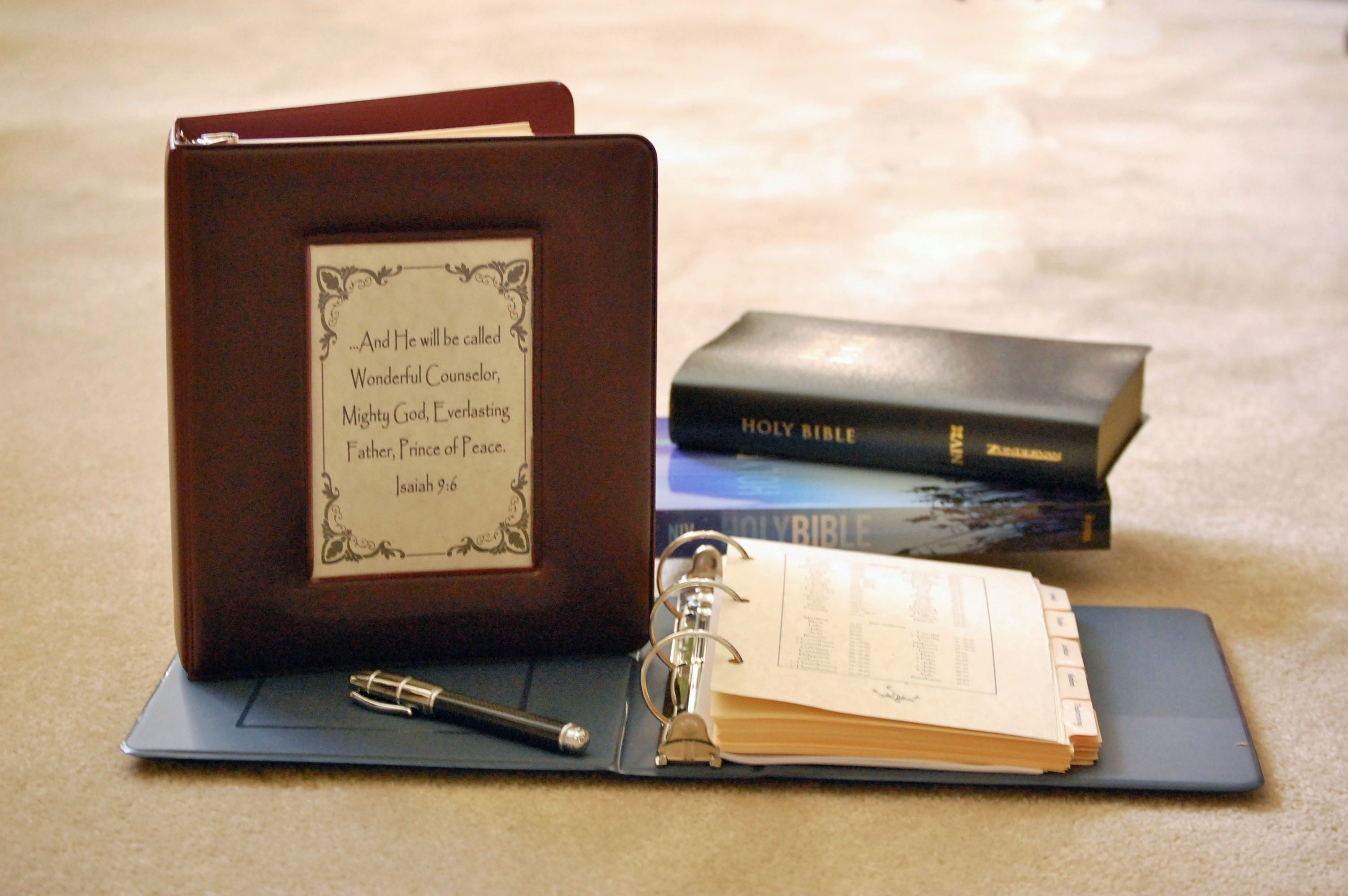|
Thank you to the
Smokefree
Apartment House Registry of Los Angeles, CA
and the
Technical
Assistance Legal Center
for the much of the following information:
How Does the Federal Housing Act of 1988 Apply to
Secondhand Smoke?
Under both state and federal law,
individuals with disabilities are entitled to reasonable accommodations
and/or modifications of policies, practices and procedures by their
housing providers to ensure equal access to, and enjoyment of their
housing. (See, Fair Housing Amendments Act of 1988, U.S.C. Section 3601
et seq.)
If a tenant is disabled, and exposure to secondhand smoke is preventing
the tenant from using and enjoying the building, the law requires a
reasonable accommodation. For example, the landlord may be required to
allow the tenant to relocate to a different unit, away from drifting
smoke. Or, the tenant may be able to break his/her lease without penalty.
(Public Health Institute, Technical Assistance Legal Center, Oakland, CA.)
Is it discrimination to tell someone they cannot
smoke?
No. Please click on the following link for more
information.
Analysis of the authority of Housing Authorities and Section 8
multiunit housing owners to adopt smoke-free policies in their
residential units
| |
Furthermore, no federal or state court has ruled that smoking is
a “disability” within the meaning of the ADA. In Brashear v. Simms,
138 F. Supp. 2d 693, (D. Md. 2001), a federal court dismissed as
“frivolous” a state prisoner’s claim that a smoking ban in
Maryland’s prisons violated his rights as a smoker under the ADA.
The court stated that “common sense compels the conclusion that
smoking… is not a disability under the ADA… Congress could not
possibly have intended the absurd result of including smoking within
the definition of disability, which would render somewhere between
25% and 30% of the American public disabled under federal law
because they smoke.” |
Do Apartment Owners Have a Responsibility to Protect
Their Tenants from Drifting Secondhand Smoke?
Americans For Non-Smokers' Rights
| |
Landlords owe a variety of duties to their tenants
including the implied warranty of habitability. It is possible that, under
certain circumstances, a court might decide that a tenant's exposure to
secondhand smoke violates the warranty of habitability.
Multi-unit dwellings present a particular challenge for dealing with this
significant health and nuisance problem. Tobacco smoke from one unit may
seep through cracks, be circulated by a shared ventilation system, or
otherwise enter the living space of another. You may wonder what you can
do to mitigate some of these problems. |
Can Drifting Secondhand Smoke be Considered a
Nuisance?
A nuisance is "That which annoys and
disturbs one in possession of his property, rendering its ordinary use or
occupation physically uncomfortable to him; e.g. smoke, odors, noise, or
vibration... includes everything that endangers life or health, gives
offense to senses... or obstructs reasonable and comfortable use of
property... An offensive, annoying, unpleasant, or obnoxious thing or
practice; a cause or source of annoyance, especially a continuing or
repeated invasion or disturbance of another's right, or anything that
works a hurt, inconvenience or damage." (Black's Law Dictionary, sixth
edition.)
We have been informed by several attorneys that apartment owners have
evicted tenants because their secondhand smoke was considered a nuisance.
In addition, tenants have sued on the basis of nuisance, breach of the
common law covenant of quiet enjoyment, breach of statutory duty to keep
the premises habitable, negligence, harassment, battery, and intentional
infliction of emotional distress.
In one of the first cases in 1991, a Massachusetts woman sued her landlord
because she was constantly exposed to the secondhand smoke of another
tenant. She suffered asthma attacks, prolonged coughing, clogged sinuses,
and frequent vomiting. That case was settled for an undisclosed amount of
money in 1992. (Donath v. Dadah)
In 1992, a landlord in Oregon was sued by a tenant who was affected by
cigarette smoke from another tenant who lived directly below. A six-person
jury unanimously found a breach of habitability, reduced the tenant's rent
by 50%, and awarded her payment to cover her doctor's bills. (Fox Point
Apts. v. Kippes)
More recently, in 1998, a couple in Boston moved into an apartment over a
bar and then discovered that smoke from the bar was seeping into their
apartment. According to an Associated Press article which reported their
problem, Kristy Haile said that as a result of the smoke, she was
diagnosed with smoke-induced asthma.
The Hailes withheld three months of their rent, and the landlord then
began an eviction process. However, the eviction procedure was halted when
Boston Housing Court Judge F. George Daher ruled that secondhand smoke was
a health threat that interfered with Kristy and Reece Haile's right to
"quiet enjoyment" of their apartment.
In 1996, in the City of Long Beach, California, Richard Layon, a condo
owner, was granted a three-year restraining order against his neighbor,
Dennis Jolley. Jolley's garage was under Layon's condo, and the smoke
drifting from the garage into the condo was causing Layon and his wife to
become ill. The restraining order prohibited Jolley from smoking in his
garage.
In 1998, Park Towers Apartments in Loves Park, Illinois became a smokefree
building as a result of a conciliation agreement. Nancy V. Kirk filed two
complaints under Section 504 of the Rehabilitation Act of 1973 and the
Fair Housing Act of 1968 as amended against Guilford Management
Corporation and Park Tower Apartments because her respiratory condition
was being aggravated by the secondhand smoke drifting into her apartment
from a neighbor's unit. A survey of the tenants indicated that a majority
preferred a smokefree building. Smokers residing in the building can
continue to smoke, but new tenants are informed that smoking in violation
of the new policy will result in eviction.
Additional educational information:
Legalities of
Smoke-Free Air (Case law - 12th
Century to now)
If you have questions concerning secondhand smoke or other smoking-related
concerns whether in multi-family or single family housing, please
forward them to me at jacque@S-FHC.com
or 8810 Brae Crest Dr., San Antonio, TX 78249. |


